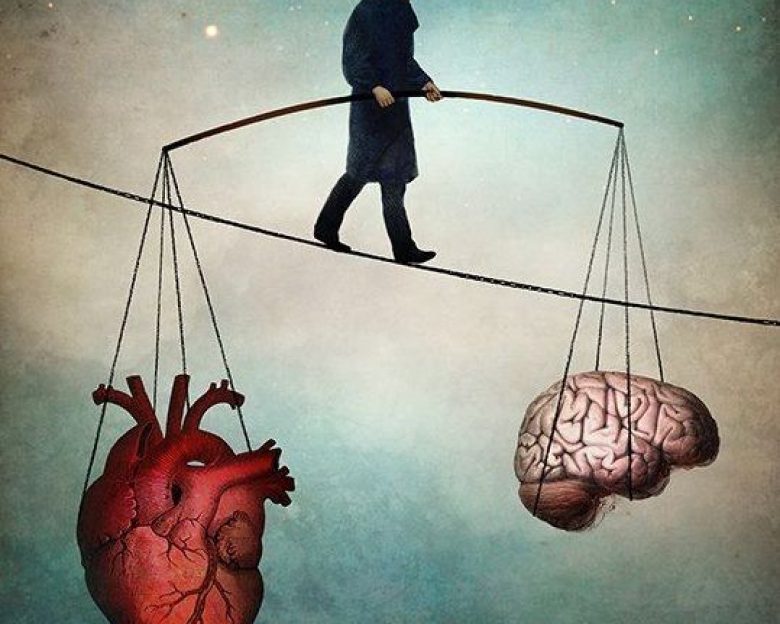

Some philosophers have argued that the Golden Rule is part of the foundation of important moral theories. Versions of it appear in almost every major religion. The Golden Rule isn’t simply a precept of Christianity.
Making hard choices full#
But that view misses the full force of the question Hillel wants us to ask. The familiar version of Hillel’s guidance is the Golden Rule: “Do unto others as you would have them do unto you.” In the West, most people view this precept as a teaching of Christian religion, which relegates it to occasional sermons in certain houses of worship.

Try to imagine how you would react if your parents or children or some other loved ones were in this vulnerable position. In practice, this means finding ways to ask yourself and others what you would be thinking and feeling if you were among the people hit hardest by the decision you might make. The striking word here is “hateful.” Hillel is asking us to pay attention to what we would really care about, deeply and urgently, if we were in another person’s situation. He simply said, “That which is hateful unto you, do not do to your neighbor. He spoke with a man who was willing to convert to Judaism but only on one condition: that Hillel explain the entire Torah to him during the time that he could stand on one foot. It was articulated by Hillel the Elder, the ancient Hebrew philosopher and theologian. And the harder challenge is to grasp and feel the experience of the other in a way that vividly highlights your core obligations as a human being.Ī practical way to do this is to spend a few moments trying to answer a very old question. So how do you deal with these choices and risks if you are facing a hard gray-area decision and don’t want to bypass your basic human obligations? The challenge is to see yourself as “the other,” as one of the outsiders or victims, and not as the insider, the decision maker, the dominant party.

I want to be a decent human being claiming to be a businessman.” An MBA student presciently described this challenge by saying, “I don’t want to be a businessman claiming to be a decent human being. When you face really hard decisions, there is no way to escape the personal responsibility of choosing, committing, acting, and living with the consequences. These choices often come with serious emotional and psychological risks. You have to use your judgment and make hard choices. By themselves, tools and techniques won’t give you answers. It can also be tempting to hide out from tough decisions or disguise the exercise of power by telling other people that the numbers tell the whole story and there is no choice about what to think or do. It is tempting to think that if you can just get the right information and use the right analytics, you can make the right decision. Many of the hard problems now facing managers and companies require sophisticated techniques for analyzing vast amounts of information. Gray areas are particularly risky today because of the seductive power of analytical technique. What they all have in common, whether they are major or minor, is how we experience them. These problems come in all shapes and sizes. And, in your own mind, you keep going back and forth about what is really going on and about the right next steps. But critical facts are still missing, and people you know and trust disagree about what to do. You’ve assembled all the data, information, and expert advice you can reasonably get. These are situations where usually you have done a lot of hard work, on your own and often with other people, to understand a problem or a situation. The more responsibility you take on at work and in life, the more often you face gray-area problems.


 0 kommentar(er)
0 kommentar(er)
